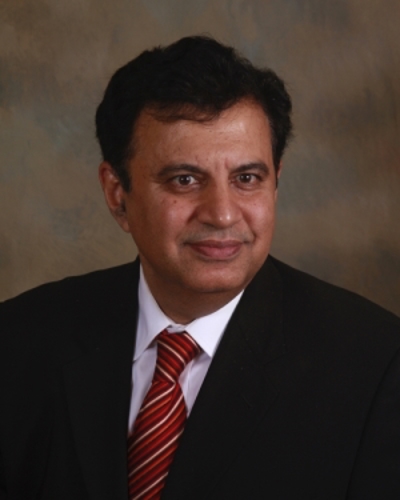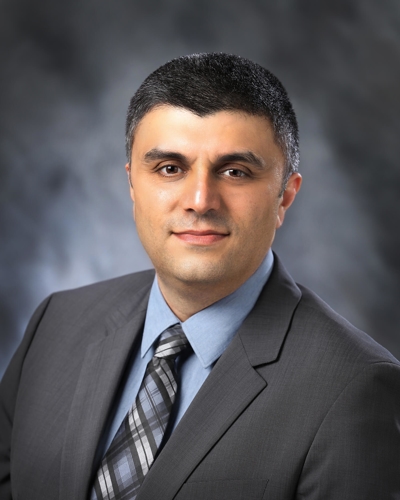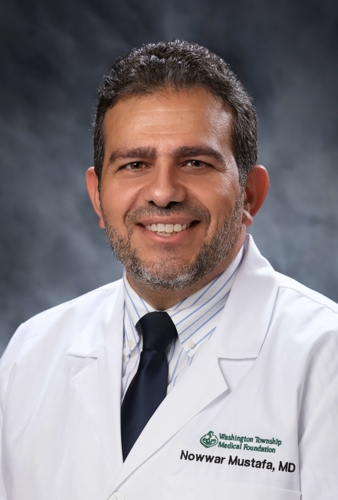
Nuclear Testing
Cardiology Tests at Washington Health Medical Group
Washington Health Medical Group facilitates a number of advanced diagnostics, including nuclear cardiology tests. These tests are a safe way to obtain images of the heart that allow your doctor to receive vital information about your heart function and health. On this page, learn how nuclear cardiology testing works and what to expect during your appointment.
How Nuclear Cardiology Tests Work
Nuclear cardiology tests involve a tiny amount of radioactive tracer or “radionuclide” injected into a vein. The radioactive dye goes through your bloodstream and is picked up by your heart. A specialized gamma camera is then able to capture both images and films of the heart during a series of tests, including exercise or medication-induced stress tests and then a period of rest. These images demonstrate blood flow in your heart and rest and while undergoing exertion. Images depict places where blood flow in your heart is low or where muscles are damaged.
What Is the Purpose of Nuclear Stress Testing?
If your doctor at Washington Health Medical Group recommends that you undergo a nuclear stress test, it could be to:
- Learn about your heart’s size, shape, and function – Is your heart enlarged? How well is it functioning? Is muscle damage affecting blood flow to your heart? These are questions that the results of a nuclear test may be able to answer.
- Identify heart disease – Your doctor can use the results of a nuclear test to diagnose coronary artery disease.
- Determine the best course of treatment for your condition – The results of your test can guide treatment decisions including whether or not medications, heart catheterization, angioplasty, bypass surgery, and / or stents are likely to help your condition. These results can also point to answers such as whether or not lifestyle changes involving nutrition and exercise are likely to make a difference in blood flow.
-
Cardiology Cardiology, Cardiovascular Disease, Internal Medicine 39300 Civic Center Drive
Suite 200
Fremont, CA 94538
(510) 248-1670 More Information




.jpg)
